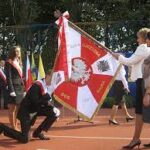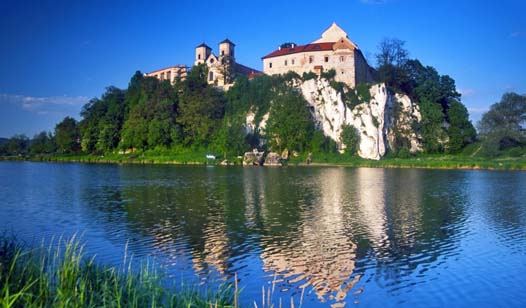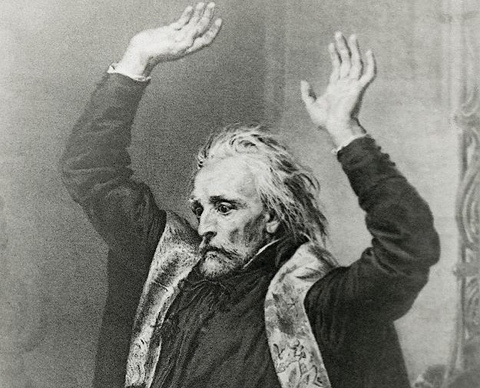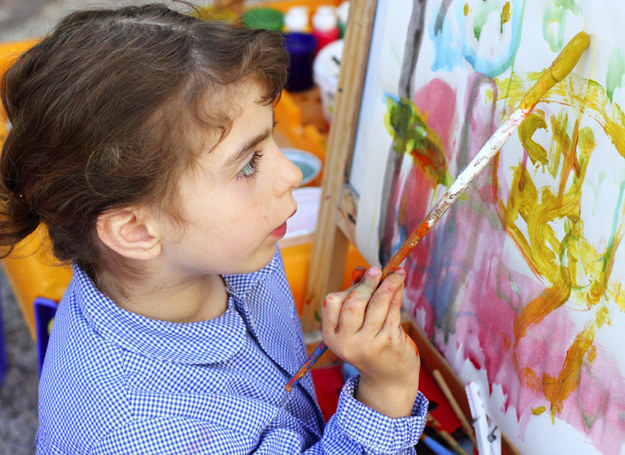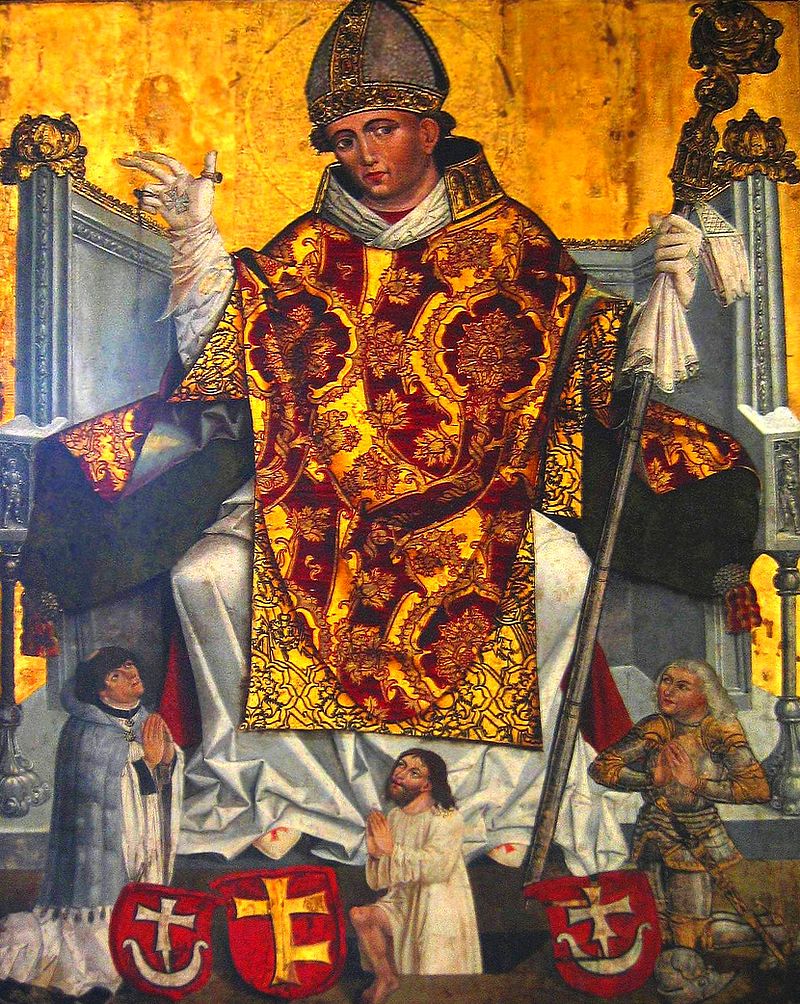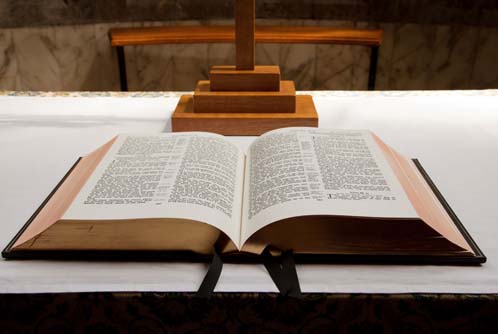Church and education (Grzegorz Piramowicz)
In Poland, on the occasion of the millennium of the Polish state, as many as were built 1000 schools. You certainly enjoy it. Because every Pole is aware, that education is the real wealth of the entire nation. Science and knowledge contribute to the development and progress of our homeland. And do you also understand this?, that the development of science and the dissemination of knowledge also contribute to the development of the kingdom of God ?
In the history lesson last year, you heard about many compatriots, who have made a special contribution to education in Poland. One of them was a Jesuit priest, an outstanding educator, activist of the National Education Commission, Grzegorz Piramowicz. He lived and worked in the second half of the 18th century. He was the secretary of the Elementary Books Society, which was part of the Education Commission and dealt with the publishing of school textbooks. During the dozen or so years of its work, the Society published as many as 27 textbooks for various subjects. Some of the books printed by the efforts of this Society were the best school textbooks in Europe at the time. It is also worth mentioning, that the National Education Commission was like the first ministry of education not only in Poland, but also throughout Europe. She carried out a great educational reform in Poland. From then on, all schools were to be taught in Polish. Latin was taught, but other languages were not forgotten either, like french or german. Math was also introduced, physics and botany, as well as history, geography and hygiene. Agriculture and gardening were also taught in parish schools. Each student was to get to know and understand their future civic responsibilities and learn to live like this, to ,,he was fine and he was fine ". Much has been done to educate young people. However, a question arises : why in the times of Grzegorz Piramowicz teaching and upbringing still required reform ? What difficulties had to be overcome, so that Polish education could be revived ? You know, that Polish education in the 17th century was declining. Many seriously contributed to the decline of education in the 17th century, devastating country of war. No wonder then, that in 1735 r. in Krasnystaw, one of the speakers at the beginning of the school year said so :
,,Is it possible to indulge in the delights of knowledge amid the defeats and general mourning of the unfortunate Motherland? ? … She is already dying in a war frenzy. So who can promise the teachings?, that they will not meet the same fate, what the Commonwealth shares. We are the chicks of the Polish Eagle. When the Mother is killed, probably also us, knowledge lovers, together with the sciences he will perish ".
There is also no denying it, that in those years the number of rural parish schools had decreased significantly. Education was available only to the nobility and part of the bourgeoisie. Most of the schools were run by Jesuits. This order was founded in the 16th century and dealt with, among other things, the upbringing and teaching of young people. What was taught in these schools ? Is it really - as you sometimes hear - these schools were places of ignorance and ignorance?? - I have to point out, that the Jesuits did not create some new teaching system. They basically adopted this one, which was known before, namely the humanistic system. They began to learn ancient languages anew, Latin and Greek, as well as ancient literature (classical), pronunciation and philosophy. Schools, led by the Jesuits, were among the best in Europe. Although Latin was taught, however, the mother tongue was not disregarded. An example would be Fr.. Piotr Skarga, known for his Sejm sermons, written in beautiful Polish, or Fr.. Jakub Wujek, who was one of the first to translate the Bible from Latin into his mother tongue. They both belonged to the Jesuit Order and contributed greatly to the development of the Polish language.
When we hear today, what did the youth learn then, we can say, but that something was missing. Teaching was limited to the classical languages as well as to ancient literature and philosophy, and such items were omitted, like math, nature, geography, history, astronomy etc.. One can add to this lack of excuse, that these items in the sixteenth and seventeenth centuries were only in humble beginnings. No wonder then, that they were not in the school curriculum. When the so-called. the period of the Enlightenment, then the above-mentioned subjects began to be introduced into the school curriculum. In Poland, it was first done by the Piarist, Fr.. Konarski. The actual lack of teaching was different, however. The Jesuits were convinced of the superiority of humanism and its schools. They defended the already passing education system and stayed with it for too long. Although their superiors called for reform, many saw no need for her. However, after some time, they switched to a new way of learning in schools. This effectively contributed to the revival of the national spirit. A pioneer of Polish dictionary emerged from the group of Jesuits, priest Knapski. The creator of the Polish comedy was the Jesuit Franciszek Bohomolec. Polish terminology of civil and military architecture, as well as the first textbook - an encyclopedia of physical sciences, Jesuit astronomer Rogaliński wrote. Polish modern history was written by the Jesuit Naruszewicz. And who was Grzegorz Piramowicz and what did he do?, you've already met. Other religious orders worked in a similar way for Poland. Why Grzegorz Piramowicz and other monks did this ? They did so, because they knew, that the development of science and the dissemination of knowledge bring man closer to God and contribute to the growth of the Kingdom of God on earth.


